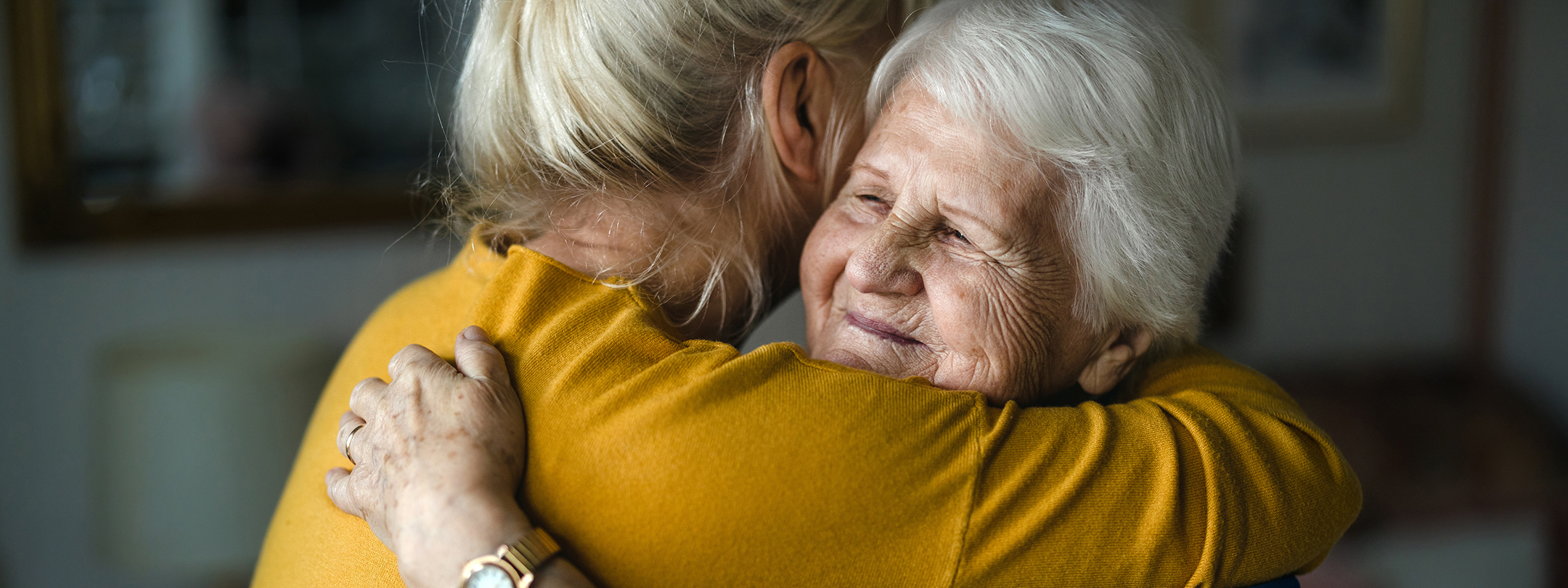The feeling of loneliness is a common human feeling that you or maybe someone you love experiences. While the need for companionship may take different forms in different stages of life, it doesn't diminish as you age.
However, for elderly populations, access to companionship can be limited by several factors from leaving the workplace to decreased physical mobility. That's why caretakers need to take the time to consider the benefits of companionship in elderly populations.
Elderly adults require interaction with other people to maintain their emotional and mental well-being. Those in this age group may increase their lifespan through regular companionship due to the positive benefits of frequent and meaningful engagement with others—whether that is with family, friends, neighbors, healthcare professionals, or volunteers.
EFFECTS OF ISOLATION
Loneliness and isolation are growing issues among the elderly that may take a toll on health and wellbeing. Tulane University reported several effects of social isolation, including:
- Lower immune function
- Higher rates of anxiety and depression
- Suicidal ideation and thoughts
- Decreased cardiovascular health
- Poor cognitive function
A study published in the Journals of Gerontology noted that loneliness is associated with a 40% increase in the risk of dementia.
FACTORS BEHIND SOCIAL ISOLATION
Members of the elderly population often deal with isolation because they are frequently living alone after the passing of a spouse or after their adult children move away. Some move into care facilities where they require additional care but may struggle to interact with people they don’t know in the facility.
Social gatherings tend to become less frequent as people have other responsibilities and commitments, and retired individuals no longer experience the social interactions they once had in the workplace.
Additionally, the National Institute on Aging reports that one in three people between the ages of 65 and 74 experiences hearing loss. After the age of 75, the number of people with hearing loss increases to nearly one in two. Hearing loss can make it difficult to participate in social situations, leading to an increased feeling of isolation.
TIPS FOR CARETAKERS
If you care for an elderly adult, follow these tips to strengthen your relationship and help to ensure that they feel supported in this stage of life:
- Communicate openly
- Set a schedule to visit frequently
- Find a shared hobby and do it together
- Ask about things they’re interested in and make conversation
- Facilitate other social opportunities, such as participation in community events or activities or interactions with friends or family members
- Use technology to increase interactions, such as helping them make phone calls to or video chat with loved ones who may not be able to visit in person
- Understand their goals and desires and look for ways to help them achieve these goals
- Be sensitive to their needs, such as struggles with dementia or other mind-altering conditions that might make it difficult to interact with new people
Understanding the importance of companionship for seniors is important for people in every stage of life. Those in the elderly stage might struggle to make friends or form connections but having new opportunities to do so can make a big difference.
Those caring for the older population can take steps to build relationships with their loved ones and help them to feel supported and valued. With the right approach, seniors can be made to feel less isolated through companionship efforts and initiatives.
